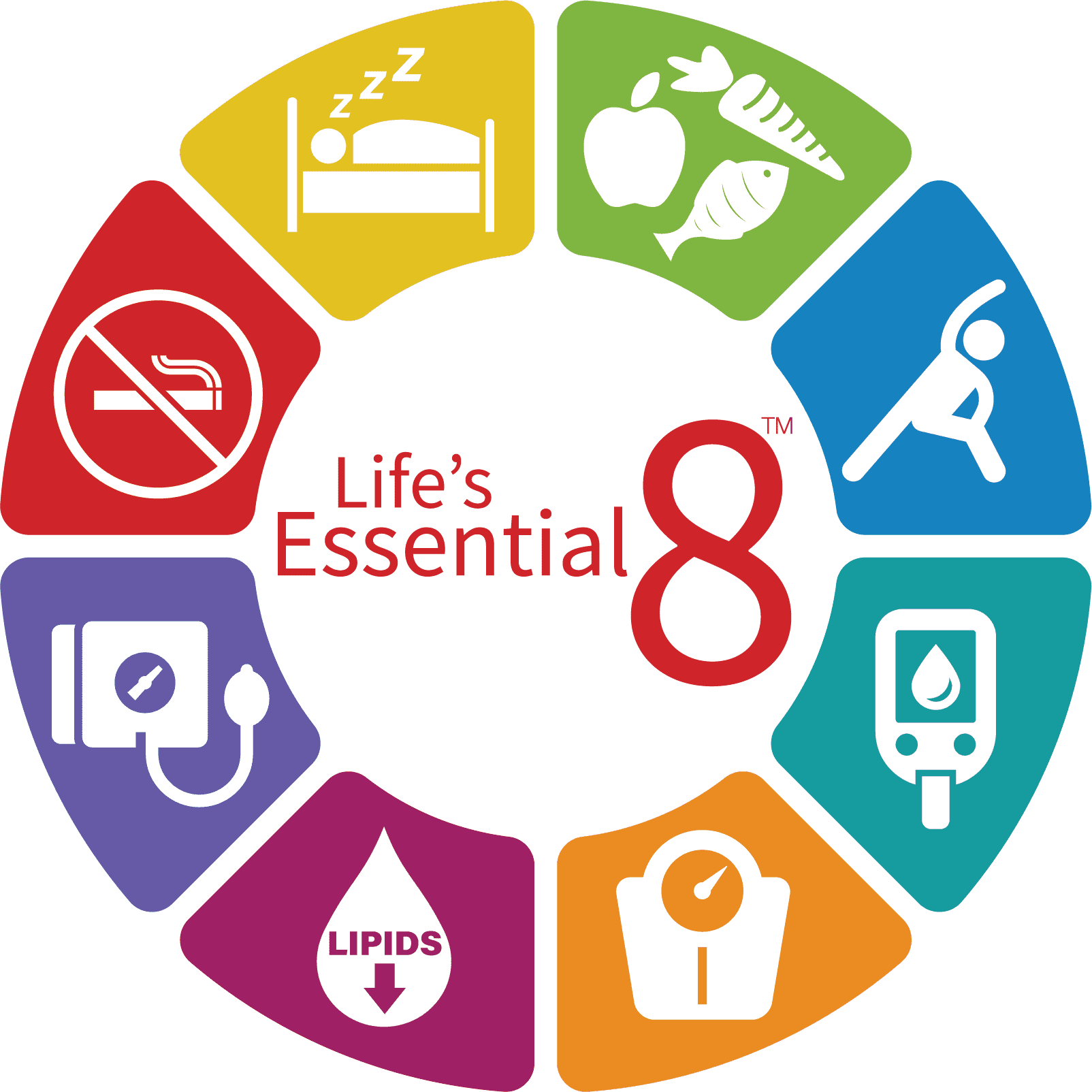Critical Concerns for Women
Submitted by Loretto and the Central New York Chapter of the Alzheimer’s Association
Alzheimer’s is a progressive neurological disease that has no cure, but what many don’t realize is that nearly two-thirds of the 5 million Americans diagnosed are women, according to a recent report from the Alzheimer’s Association. This means a woman in her 60s is now twice as likely to develop Alzheimer’s as breast cancer.
This data from the Alzheimer’s Association also revealed that two-thirds of the 15 million caregivers for persons with Alzheimer’s are women, and twice as many women as men stopped working to provide care for someone with Alzheimer’s.
“Alzheimer’s disease and dementia are a critical concern for women’s health, whether they have been diagnosed or they are a caregiver for a loved one with the disease,” said Mary Koenig, administrator for The Heritage, a dementia-focused facility at local elder care provider, Loretto. “At this time, the medical community is not certain as to why women are affected more often than men.”
What we do know is that while researchers work to identify the “why,” it’s important that communities have programs and services to provide the necessary support and education on the disease for both patients and caregivers.
The likelihood of an Alzheimer’s diagnosis increases as people reach the age of 65. And experts predict a rapid increase in Alzheimer’s diagnoses as the baby boomer generation ages.
“More frequent diagnosis translates to the need for more and better patient and caregiver supports,” Mary explained.
In fact, in our state alone, it’s estimated the number of adults with Alzheimer’s will increase by nearly 20 percent in the next 10 years.
Caring for those with Alzheimer’s and dementia is a 24/7 responsibility, and the daily stress of providing care can have detrimental impact on caregiver health. In addition to the physical demands of meeting the daily needs of someone who’s been diagnosed, caregivers endure emotional stresses, such as constant worry and feelings of guilt and resentment.
This is why the work of organizations like Loretto and the Alzheimer’s Association is crucial.
Loretto’s comprehensive memory care program is designed to transition individuals and their families through the stages of Alzheimer’s and dementia using a collaborative and holistic, patient-centered approach.
In partnership with organizations like the Central New York Chapter of the Alzheimer’s Association, Loretto also provides and promotes community-based training and support groups throughout the region.
“Through our partnership with the local Alzheimer’s Association, we are able to provide substantial education and consulting on an ongoing basis,” Mary explained, “arming families with the support and skills they need to cope with the responsibilities and emotions that accompany an Alzheimer’s diagnosis.”
Locally, the Alzheimer’s Association offers care consultations to help individuals with dementia and their families solve problems and plan for the future, support groups for families and caregivers, emergency response services for individuals with Alzheimer’s or dementia who wander or have a medical emergency, respite services, and a 24-hour Helpline at 800-272-3900. The association also offers education and training programs throughout the year and across the community.
“The Alzheimer’s Association is also investing millions of dollars in research to not only help fight the disease, but also to better understand it—including why it affects so many more women than men,” said Katrina Skeval, LMSW, chief program officer for the Alzheimer’s Association Central New York Chapter.
“When residents and families feel more at ease, they are able to commit themselves to concentrating on spending time together and making the most of every moment,” Mary said. SWM
For more information about Loretto’s services and facilities, visit lorettocny.org. To learn more about the Central New York chapter of the Alzheimer’s Association, visit alz.org/centralnewyork.





